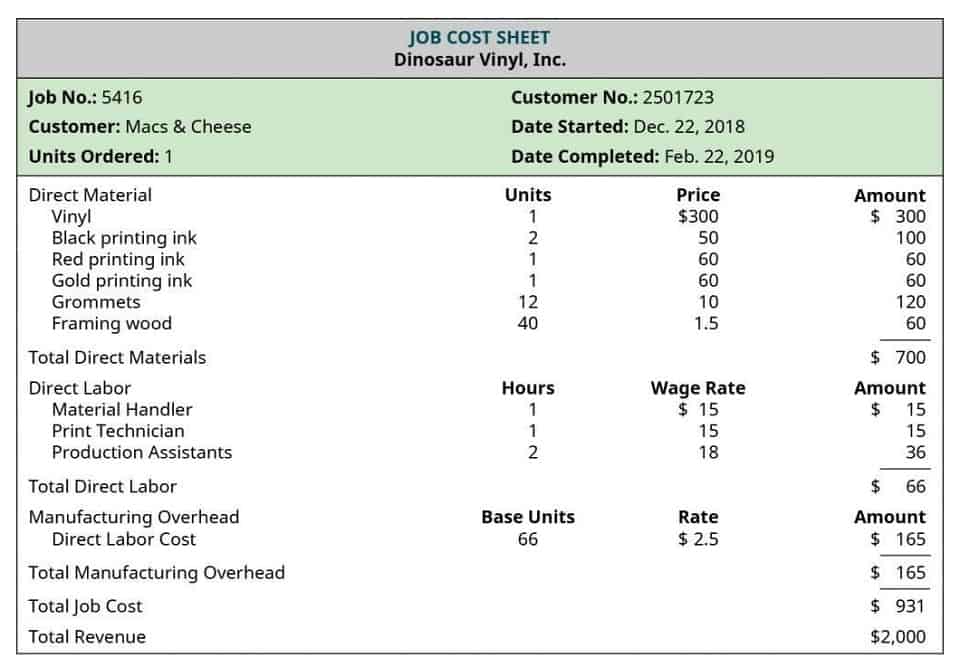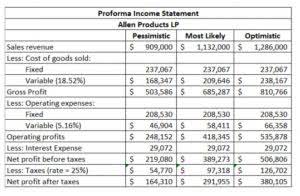
Even small errors can lead to penalties, employee dissatisfaction or significant issues during audits. Plus, the time you spend processing payroll diverts your cash flow attention from your business, customers, and employees. It would be best if you did not choose a payroll schedule off the top of your head. First, go through the relevant laws—are there any specific regulations dictating how often you can pay your employees?
- S corporation owners who perform more than just minor work for the business typically need to be on the payroll because they must pay themselves a reasonable salary.
- But a salary of $40,000, it turns out, is roughly the average salary paid by a single-shareholder S corporation to its shareholder-employee.
- Some states include employee-owners when counting the number of employees but do not require the company to provide coverage to the owner.
- Square Payroll offers automatic payroll tax filings—including W-2 employees and 1099 contractors—HR and compliance resources, and integrated benefits.
- You may say, “oh my bookkeeping service also offers payroll, I’ll just go with that”.
- Shareholders, however, generally have more leniency with their pay frequency for their wages.
Guides & Services
- And, the shareholder-employee may need to file Form 1040-ES, Estimated Tax for Individuals, to report estimated taxes on additional income not subject to income tax withholding.
- The result is then used to calculate income tax, FICA taxes and unemployment taxes.
- I recommend completing the S-Corporation Reasonable Compensation Report to find the best salary for you.
- This is the amount that your S corporation will withhold from your employee paycheck and instead pay to the IRS in quarterly taxes on your behalf.
- However, you need an Employer Identification Number (EIN) for processing payrolls.
This is the amount that your S corporation will withhold from your employee paycheck and instead pay to the IRS in quarterly taxes on your behalf. The IRS requires S-corp owners to establish and pay themselves a reasonable salary, but what does that really mean? Getting your salary right is crucial because paying too little can raise red flags with the IRS and may be viewed as an attempt to avoid payroll taxes.

Step 5: Preparing State Payroll Tax Returns

The IRS requires that S Corp owners get paid a reasonable salary for their services. This requirement Law Firm Accounts Receivable Management prevents people from avoiding self-employment taxes by distributing all income as profit distributions, which aren’t subject to payroll taxes. S corporation owners who have to pay state income tax and unemployment tax can usually file these payments quarterly as with their federal taxes. Some states even use tax return worksheets similar to the IRS Form 941.
- Do not include dividends, disbursements, or other forms of compensation in the shareholder’s salary (we’ll get to that later).
- You could be liable for fines and penalties if you miss a deadline, file the wrong forms, or make mistakes.
- Streamline quarterly and year-end tax filings, ensure that your business meets every deadline, and submit forms on time, every time.
- Your tax rates will be subject to all taxes based on your tax bracket and filing status.
- By the way, you may very well conclude that a $40,000 annual salary is appropriate.
A little work on payroll can save you thousands in taxes

Both during and after onboarding, you’ll have a designated payroll specialist who understands your business’s specific needs. This go-to contact will get to know your business and help you prevent common payroll mistakes. You work hard for every dollar you earn, so you shouldn’t just stick with the default tax situation. Just as you put in a little extra hustle for your business to succeed, it’s worth investing efforts into your business finances to optimize your results.

Robust Reporting and Analytics
You must set up the following s corp payroll employer accounts to run payroll for your S Corp. You’ll have stricter operational processes, such as regular shareholder meetings. A clear management structure with a board of directors and officers ensures proper roles and responsibilities for shareholders.

Paychex handles all your tax calculations and filings throughout the year, from quarterly 941s to annual W-2s and state tax reports. Missed deadlines and mistakes when filing these forms can lead to steep penalties. You can minimize those extra costs by using payroll software or working with a payroll service to stay on top of deadlines and ensure compliance. Shareholders, however, generally have more leniency with their pay frequency for their wages. For example, many S corporations pay shareholder wages annually, but you may choose to pay wages more frequently (e.g., quarterly) for tax reporting purposes.






































